How we equip our students with technical, vocational skills —Provost, FCE(T)
[ad_1]
In May this year, Dr Ademola Azeez will have completed four years as the provost of the Federal College of Education (Technical), Akoka Lagos. In this interview, he speaks about the achievements of the college under his leadership as well as his views on the state of technical and vocational education in the country. LAOLU HAROLDS brings excerpts
What would you say you have achieved since you took the reins at the FCE (Technical)?
My appointment started from 26th of May, 2019, though I resumed on the 27 (that 26th fell on a Sunday, so I resumed the following day, Monday 27th). Since I resumed, I’ve always made sure that I keep to the mission and vision that I submitted to the governing council that appointed me. The previous administrators tried their best, but I noticed that there is a missing link. The college was established to fill the gap in technical and vocational needs of the country. If you look at our educational system, this is seriously lacking. I noticed that many of our children want to go to university to acquire degrees. It’s good to be a degree holder, but what do you do with that degree after graduation? To me, it’s important to key into the objectives of the founding fathers who established this college, and ensure that the college under my leadership fills that vocational and technical needs gap. At the end of the day, when our students graduate, they will not only have the opportunity to teach, but they will be skillfully engaged anywhere they are employed or they can also decide to start on their own.
Have you been able to achieve this goal?
Yes, to a great extent. Since I came on board, we have been able to strengthen the academic programmes of the college. We have also ensured that most of our departments are better equipped while lecturers and instructors are also given adequate support in terms of teaching and learning facilities/materials. We have also focused on developing infrastructures in the college, because there is little or nothing the lecturers can do without adequate infrastructures in place. I ensure that infrastructures are evenly shared in the college.
We have five schools currently in the college: School of Education, which is in charge of general education (pedagogy,etc); School of Business Education which also runs the Accounting Education, Office Technology and Management Education; (it used to be called Secretarial Education). In the National Commission for Colleges of Education (NCCE) curriculum, each college was given the opportunity to expand its departments to four, hence, the Marketing Education Department and Entrepreneurship Department was created. As a result of this, we now have four departments/programmes in the School of Business Education namely, Accounting Education, Office Technology and Management Education, Marketing Education and Entrepreneurship Education, before the establishment of the Entrepreneurship Education Department as included in the NCCE minimum standards in 2020, which was less than a year after I was appointed.
I also decided to establish what we call the Centre for Vocational, Technical and Entrepreneurship Development (CEVTED). I observed that after teaching our students pedagogy and they end up teaching, the aspect of practical skill is always missing, hence the reason for the establishment of CEVTED. Today, the centre is a directorate on its own. What we do is, we make it mandatory for all the students to register for any entrepreneurial skill of their choice that is different from their usual academic programmes. Whether you are a science or business education student, you must go to the centre to learn a skill. We don’t rely on lecturers from the college in this regard; we make use of prpfessional instructors from outside. So, between 11am and 1pm, the students all leave their classrooms for training at the centre. The set of students that we started are now in 300 Level; in fact, many of them have been practicing what they have learnt and they have been making money with it.
Technical\Vocational Education (TVE) is capital-intensive. How much funding support have you received?
It has not been easy; many of the equipment we have in our studios and workshops are obsolete. However, since we came on board, we’ve tried to acquire modern equipment so as to meet up with the requirements for running both NCE and degree programmes in vocational, technical and science education. Fortunately, the TETFund has been wonderful. We have been getting our funding from TETFund, especially for the procurement of equipment. What we do is, we allocate a substantial part of those funds to teaching and learning equipment, which are equally distributed among our various departments. We have not got to El Dorado yet, but we are building more workshops. We now have technical workshops, a new science laboratory and studios for Agriculture and Fine Arts. We also have a new auditorium/lecture theatre, because our students also need a comfortable place to study.
I also established another centre called the Centre for Endowment Development Advancement and Alumni Relations(CEDAR). This is also a directorate on its own, one that liaises with entrepreneurs, private organisations among others. We’re also leveraging the goodwill of the college. Many of our alumni are all over the place; we have tried to attract them to come and do something for their alma mater. As we also prepare for our convocation which will be coming up on the 26th and 27th of April, we hope that many of them will also be there to support.
Parents find it difficult to release their children to attend colleges of education. Why is that?
It’s simple: no parent wants his or her child to go for the least educational programme in a higher institution. If you look at the requirements, it’s the same five O’Level credits that both the NCE and university undergraduate must possess. If you score 180 in the Unified Tertiary Matriculation Examination (UTME), you won’t prefer to study in the college of education where you will spend three years for an NCE programme (though we’ve been trying to also change that) and another three years to earn a degree in that course, making six years. Meanwhile, someone in the university would have spent those six years reading medicine. The sad story is that even after spending the six years, do you end up getting a good job? Many of our NCE graduates are just roaming the streets, being exploited by private schools owners simply because there are no serious policies on ground to correct the anomaly.
How can that be changed?
We have to establish a system that works; one that appreciates value. For example, to get a private tutor abroad, you must be ready to pay per hour. We must learn to value labour in Nigeria, be it in terms of practical or intellectual. I don’t expect to see a university graduate teaching in a primary or junior secondary school. Such a job should be for an NCE graduate; because that’s what he/she has been trained for. As a PhD holder, you can’t ask me to teach in a primary school; I don’t have the temperament for it. People who work at that level are meant to be paid well, because they are professionals. We must learn to pay teachers and other professionals well.
What are the challenges you’ve had to grapple with?
For the past two years now, there’s no time that my staff are not resigning for one reason or the other, both in academics and administration. They are all going for greener pastures. Within past three years, about three of our Senior Lecturers have retired. As big as the college is, in academics, we can only boast of one or two Assistant Lecturers. The least in some departments now is just a Senior Lecturer. We hope that things will change.
As an administrator, I can say that Nigeria’s education is highly subsidised. Nigeria is one of the countries where education is the cheapest. We virtually don’t pay for everything. How much are the students paying for accommodation? We are not even allowed to charge our students adequately for school fees. Though the government is subsidising education, it’s not properly coordinated.
Funding is another major challenge. There are so many things we need to do, especially in the aspect of infrastructure, but we are not able to meet up due to lack of funding.
What can the government do to stem brain drain of professionals on whose training a lot has been expended?
The government first of all should have a database of its graduates. If someone is applying for a visa, you will know through the database if the person is a Nigerian or where he is working. You will know if he is going for further studies or something else or he has just graduated. Government must be interested in where the person is going and what he’s going there to do; because he has been trained by the state with taxpayers’ money. There is no database in Nigeria; when someone graduates, he just leaves. Meanwhile, he might have even incurred a students’ loan, but there is no record of it anywhere. We need the database.
Since you started your tenure, what are those projects you either started or completed?
For the projects, by the grace of God, I can say that most of them are either being completed or nearing completion. I initiated the construction of the Technical Education workshop, a new structure that is more than 90 percent completed now. I also initiated the School of Science laboratories for all the departments in the School of Science. We have the Physics Education and Chemistry Education Departments laboratories, as well as the Integrated Science, Biology and the Computer Education laboratories. They are all completed now. I also initiated the construction of a 500-capacity lecture theatre, the first of its kind in the college. It’s been completed and has been handed over to us by the contractor. I also initiated the construction of a new infrastructure for Fine Arts and Agric Education in the School of Vocational Education; it’s 90 percent completed. I was able to initiate what I call the Student Activity Centre, being funded by TETFund and it’s completely built now. We are renovating the School of Education’ auditorium and have constructed a new office block for the lecturers.
[ad_2]

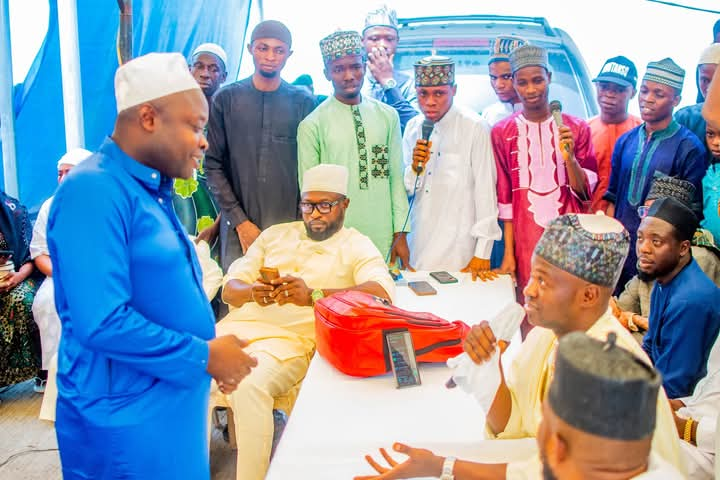




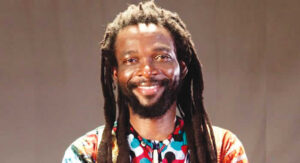
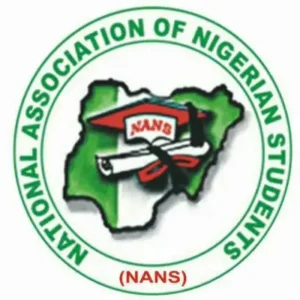




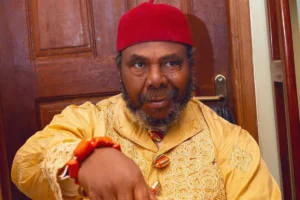
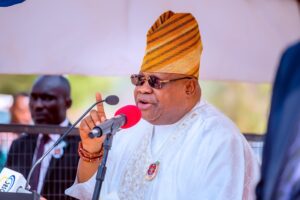
Post Comment